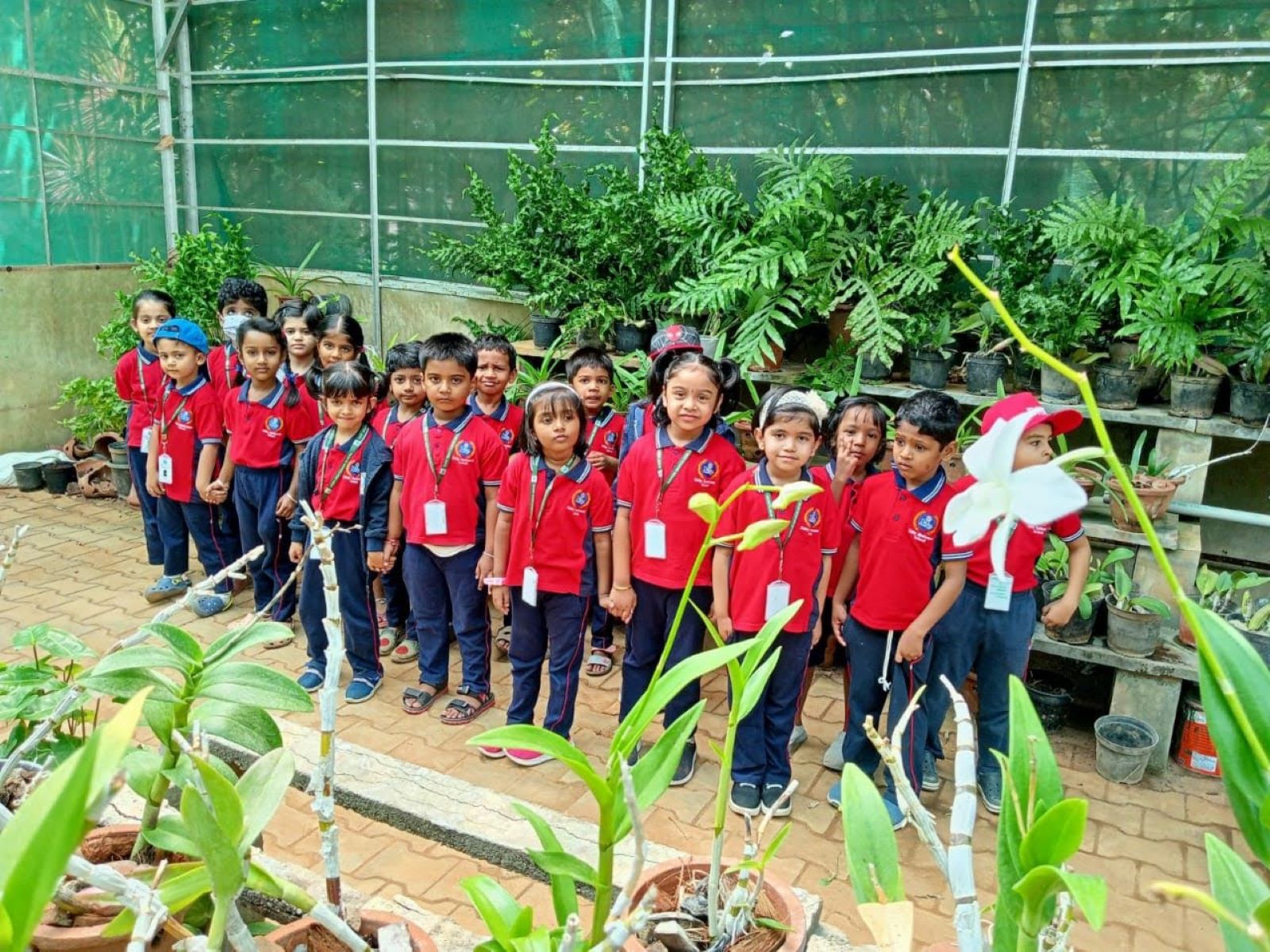Nurturing India's Future: The Vital Importance of Early Childhood Care and Education (ECCE)
In the diverse tapestry of India's development, one critical thread that must be interwoven is Early Childhood Care and Education (ECCE). The early years of a child's life lay the foundation for their lifelong journey of learning and development. Recognizing the significance of this phase, ECCE has emerged as a vital component of India's education system, fostering holistic growth and shaping the nation's future.
The ECCE Landscape in India
Early Childhood Care and Education encompass the period from birth to 8 years, which is widely acknowledged as the formative years of a child's cognitive, emotional, and physical development. In India, ECCE is multi-faceted, comprising various settings such as Anganwadi centers, preschools, and home-based care. These settings play a pivotal role in nurturing young minds and preparing them for formal education and life beyond.
Holistic Development
ECCE is instrumental in fostering holistic development. It nurtures cognitive skills, language proficiency, and social-emotional intelligence, laying a solid foundation for future academic achievements. Children exposed to quality ECCE tend to demonstrate better problem-solving abilities, creativity, and critical thinking skills, which are essential in a rapidly evolving global landscape.
Equity and Inclusivity
One of the most profound impacts of ECCE lies in its ability to bridge socio-economic disparities. Quality ECCE provides an equal starting point for all children, regardless of their background. It can mitigate the effects of disadvantage, setting the stage for inclusive education and reducing the educational divide in the long run.
Health and Nutrition
ECCE programs are not limited to cognitive development alone; they also encompass health and nutrition aspects. Proper nutrition during the early years is crucial for brain development and physical growth. ECCE settings often incorporate nutrition programs, ensuring that children receive the nourishment they need to thrive.
Parental Engagement
Parents are a child's first educators, and ECCE programs recognize the importance of involving parents in their child's learning journey. These programs provide opportunities for parents to actively participate in their child's education, enhancing their understanding of developmental milestones and effective parenting practices.
Foundation for Lifelong Learning
The skills and attitudes developed during the ECCE years have a lasting impact on a child's attitude towards learning. A positive early learning experience fosters a love for learning, setting the stage for a lifelong pursuit of knowledge. ECCE instills curiosity, self-confidence, and a growth mindset, all of which are essential qualities for success in the 21st century.
Policy Initiatives and Challenges
India has taken several steps to prioritize ECCE. The Integrated Child Development Services (ICDS) program and the National Early Childhood Care and Education (ECCE) Policy are notable initiatives. However, challenges such as a shortage of trained educators, unequal access in rural areas, and the need for standardized curriculum frameworks still need to be addressed to ensure a comprehensive ECCE infrastructure.
for more info :-

Comments
Post a Comment